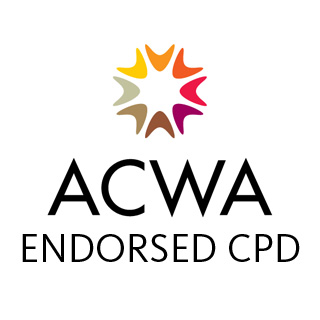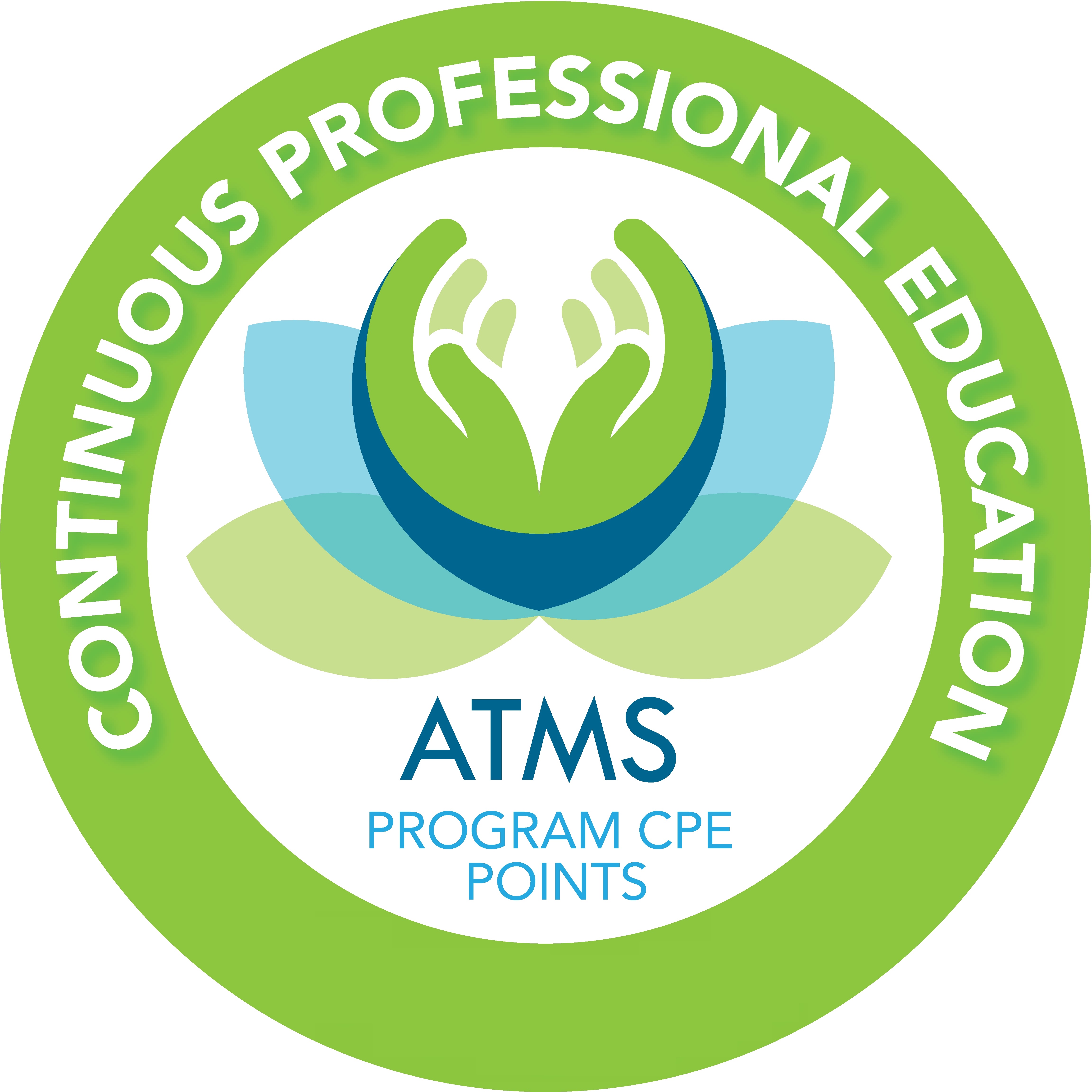UPSKILL MICRO-CREDENTIAL
Health Counselling (HC)
Health concerns are something that will affect every human on the planet in one way or another. It may be simple things like a stomach bug, an injury or more serious conditions requiring hospitalisation and drastic changes in one’s life.
Each type of health concern will have different effects on our clients, including their social, physical, economic, and emotional wellbeing. In order to be efficient at assisting, we need to become comfortable with assessing our clients’ needs and ensuring we engage in sustainable approaches.
Online, Self-paced
2 months (full time)
1 Unit


Why study an Upskill Micro-Credential
The world of work is changing. Upskilling, reskilling and agility is key to ensuring you or your organisation thrives in this ever changing, tech-focused decade. As the pace of change quickens, you and your workforce will need to learn new skills quickly to adapt and stay competitive.
Our micro-credential courses fill and advance critical areas of knowledge. They are deep-dive explorations into important topic areas that’ll advance your capacity at work and personally.
Our micro-credential courses are extremely applicable to people from all work and education backgrounds. Our courses cover diverse content areas relevant to an array of professional contexts.
We’re specialist educators in mental health with over 30-years’ experience. Our extensive experience provides us with a deep understanding of learner and market needs.
With so many demands on our time, it’s crucial that learning fits around our other commitments. That's why our micro-credential courses are self-paced and carefully designed to provide a rich, enjoyable learning experience.
Course Overview
The course has been designed to introduce important topics and practical skills for working with clients experiencing health conditions, including health anxiety in a therapeutic setting. The aims of the course are to increase your confidence levels and knowledge. It will focus different aspects of a client’s health journey, including theories, understanding effects of health, chronic vs acute conditions, health anxiety and how to support carers of those with health conditions. There is also some information about assisting clients facing end-of-life care or palliative care.
The Course includes a Study Guide, a Book of Readings, and recorded webinars, and is completed through passing a multiple-choice assessment. The Study Guide will take you through the core content of the course, including information on how health conditions affect clients, living with health conditions, health anxiety (Illness Anxiety Disorder), and support for carers of those with health conditions. These are supported by selected readings (all contained within the Book of Readings), each of which has been selected to expand or elaborate upon a particular area of knowledge or skill.
Upon completion of this course you will have:
Course Outline
This Course is divided into 4 Parts:
Too often clients with disorders or health conditions feel left out of their treatment, unheard or unsupported by their medical teams. It is not unusual to hear stories, particularly from women, where it has taken them years to be taken seriously, heard, and treated properly. This Study Guide will look at different theories and approaches to support clients with health conditions, from dealing with grief and loss, to using a holistic model of assessment, as well as creating inclusive spaces.
This Study Guide helps you to assessing your clients’ needs by having an understanding of the functional impacts of your client’s condition from a wellbeing lens. This is done by assessing the impacts the condition is having on the different domains of their life – including social, personal, professional, economic, educational and relational.
Health anxiety is a prolonged condition where clients with or without health concerns develop disproportional worry, fear and concern about becoming ill, being ill and/or receiving treatment. Although we do not diagnose conditions, it is important to understand what conditions are, and how they affect our clients. After examining what health anxiety is, this Study Guide will look at different ways we can help clients through using CBT and building trust in the body.
Research shows that family members who provide care to those with special health care needs are actually at higher risk themselves of physical and mental health problems. In addition to providing practical support such as cleaning, cooking and organizing appointments, carers also provide emotional and psychological support. As such, many clients will describe that their caring duties or roles can often leave them feeling unsupported, misunderstood or isolated. The final part of this Upskill will examine how to assist carers in creating better support structures to help them with the demands of their caring role, difficulties encountered and changes in their everyday life.
You have already enrolled into the Health Counselling Upskill Micro-credential.

30-Day Money Back Guarantee
If you're not satisfied we'll give you your money back.
Zero Risk
Your enrolment comes with a guarantee that empowers you to enrol risk-free. if, for any reason whatsoever you decide you do not want to proceed with your course within 30 -day, we will give you a 100%, no questions asked, money back guarantee.
Frequently Asked Questions
Yes, we deliver micro-credential courses in a range of areas. Our micro-credentials are between 20 and 40 hours of deep, rich, learning in specific areas.
All micro-credentials lead to a Digital Badge and Certificate of Attainment. They are self-paced and assessed through multiple-choice.
Some of our micro-credential courses include Creative and Critical Thinking, Acceptance and Commitment Therapy, Working with Mental Health, Emotionally Intelligent Leadership, and many more. You can find a catalogue of all courses here: AIPC Upskill
Our AIPC Upskill courses are all micro-credentials, which means you receive a Digital Badge and Certificate of Attainment upon successful completion.
Our micro-credentials are between 20 and 40 hours of deep, rich, learning in specific areas.
Some of our micro-credential courses include Creative and Critical Thinking, Acceptance and Commitment Therapy, Working with Mental Health, Emotionally Intelligent Leadership, and many more. You can find a catalogue of all courses here: AIPC Upskill
No, anyone can enrol in an AIPC Upskill micro-credential course.
Our Upskill micro-credential courses are self-paced and online. Each courses includes a Study Guide, a Book of Readings, and recorded webinars; and are assessed through multiple-choice questions.
Our micro-credential courses are between 20 to 40 hours of learning.
Upskill micro-credential courses comprise multiple-choice, online assessments. For successful completion of an assessment, you are required to attain a minimum 65% pass rate. As the assessment is competency-based, if you don’t pass on your first try, you will have the opportunity to review and re-submit your answers (there are no re-attempt limits).
Upon completion of an Upskill micro-credential course you receive an electronic Certificate of Attainment and a Digital Badge. A Digital Badge is a form of Digital Credential (also known as ‘micro-credential’) that can be verified/validated online. A digital badge signals your achievement to potential employers and stakeholders, as they are able to verify your learning/skill acquisition outcomes in real-time, over the web.
A Digital Badge is a form of Digital Credential (also known as ‘micro-credential’) that can be verified/validated online. A digital badge signals your achievement to potential employers and stakeholders, as they are able to verify your learning/skill acquisition outcomes in real-time, over the web.
As Upskill micro-credential courses cover a variety of topics and are relevant to diverse professions, you should check the CPD requirements of your industry association.

30-Day Money Back Guarantee
If you're not satisfied we'll give you your money back.
Zero Risk
Your enrolment comes with a guarantee that empowers you to enrol risk-free. if, for any reason whatsoever you decide you do not want to proceed with your course within 30 -day, we will give you a 100%, no questions asked, money back guarantee.




